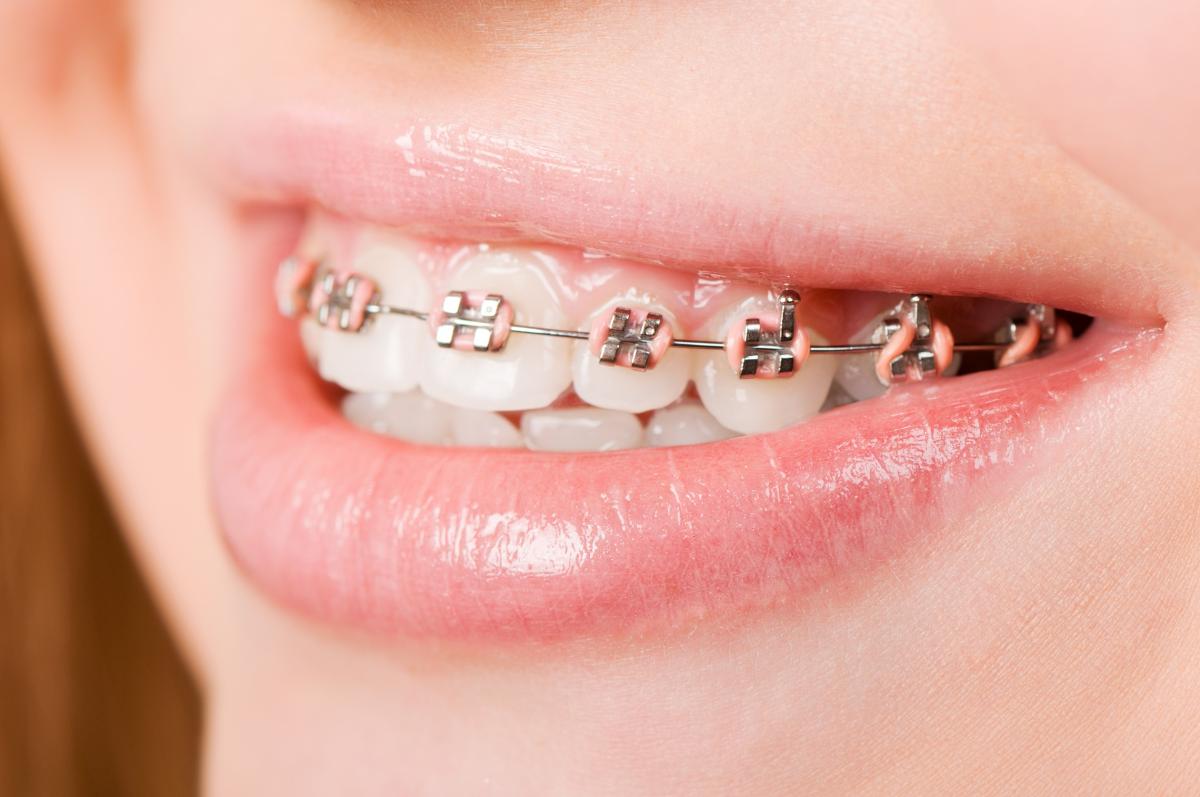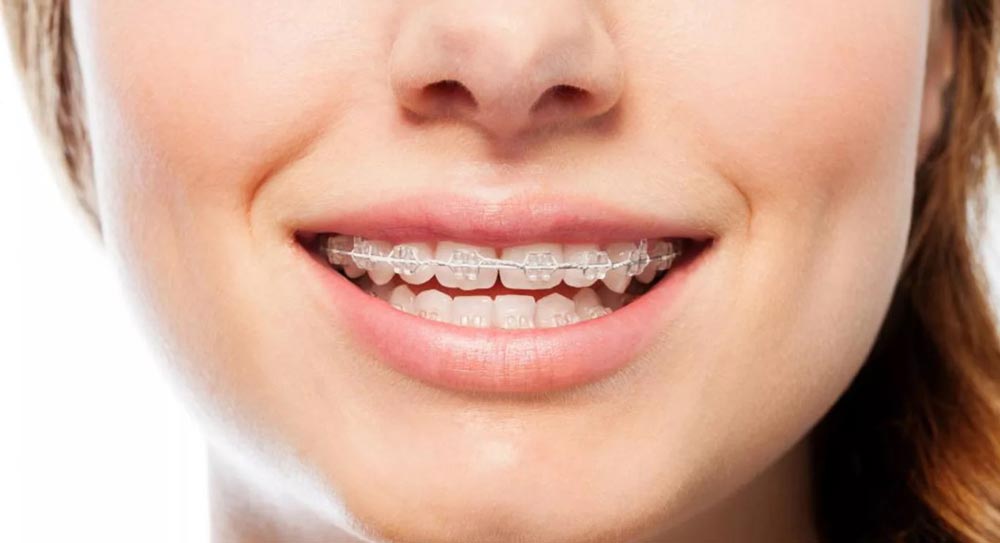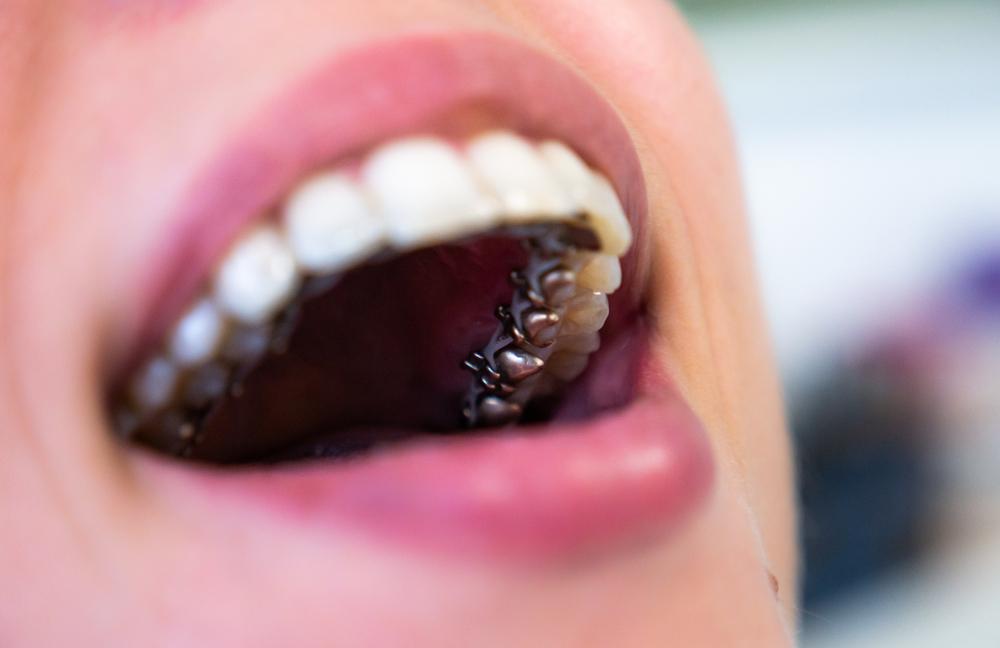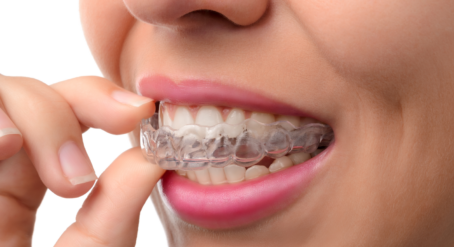Orthodontic treatment is a rite of passage for those who want the confidence that comes with straight teeth. As alternative treatment options grow in popularity, many people are hoping they will be able to forego traditional metal braces in favour of clear aligners for more discreet treatment.
However, while it might seem like an appealing option, it is important to note that it is not suitable for all cases and your suitability for clear aligner treatments, such as Invisalign®, Spark® and 3M Clarity, will need to be assessed by a specialist orthodontist.
Signs you might need braces
While perfecting your smile is the main goal for most patients, there are lots of reasons you might decide to seek out orthodontic treatment including:
- Misaligned bite
- Diastema (gaps)
- Crowding or misplaced teeth
- Pain or discomfort in the jaw
- Teeth that came in abnormally or not all
However, it is important to remember that metal braces and clear aligners aren’t the only options. There are a number of alternative treatment options that may suit your case.
What are the different types of braces?
While you may not want metal braces, it is important to consider which treatment option will be the most effective rather than the most appealing. Read on to learn more about the different orthodontic treatment options available.
Metal braces
Traditional metal braces are still considered the most common form of orthodontic treatment recommended by specialist orthodontists when teeth need to undergo significant movement that can’t be predictably achieved with removable clear aligners.

Metal braces consist of metal brackets attached to the teeth and connected with a thin metal wire that is adjusted at regular intervals to put gentle pressure on the teeth to move into their new position. Colour ties around the metal braces make them particularly popular with teens who like to customise their appearance at each appointment.
Whether your teeth need to undergo more complex movement or if you are not disciplined enough to wear removable clear aligners, metal braces are often the most popular and effective option available.
Ceramic braces
The main difference between metal braces and ceramic braces is their appearance. Using clear or tooth-coloured brackets and wires instead of the traditional metal ones gives them a subtler look that is popular with adults.

Since they work in the same way as metal braces, they are generally recommended for those needing more extensive orthodontic treatment who would like their treatment to be subtle.
Lingual braces
Depending on the extent of the treatment required, you may be a suitable candidate for lingual braces. This form of treatment is practically invisible because the wires and brackets are placed along the inside of the teeth.

Due to its close proximity to the tongue, lingual braces may affect speech and take a little bit longer to get used to than other methods. They’re also 100% custom made for each patient, which can make them more expensive than other treatment options.
Clear aligner treatment
Clear aligner treatment, such as Invisalign®, Spark® and 3M Clarity uses a series of clear plastic aligners to ease your teeth into a new position. Each aligner in the sequence has minute differences that apply gentle pressure to the teeth that need to move. Treatment may require the use of attachments or ‘buttons’ that help the aligners to grip the tooth and move it more effectively, which is why clear aligner treatment should always be administered by a specialist orthodontist. (For more on the dangers of DIY clear aligner treatment please click here.)
Due to the nature of clear aligner treatment, it is not recommended for every case. There are limitations regarding the extent of treatment that can be administered with clear aligners and as a result they are not recommended in certain situations or when the wearer is not disciplined enough in their use.
What type of braces work the fastest?
Another consideration that is often front of mind when selecting the type of treatment to undergo is which will be the fastest. The truth is your unique case and the movements that need to be performed will be the true indicator of speed, rather than the appliance itself. However, in many cases traditional metal braces will be the most effective option as they’re capable of bite correction and fixing more severe malocclusions than most other treatment methods.
How are braces applied?
Metal braces are attached to your teeth so that they can’t be removed, allowing them to work round the clock to straighten your teeth. Circular metal brackets are placed around your molars at the back to anchor the braces, so depending on how crowded your teeth are you may need to have a spacer inserted to make it easier for these to be applied.
After that, the metal brackets are secured to the front of your teeth using a special glue or dental cement (for lingual braces, this process happens along the inside line of the teeth). The archwire is threaded through these brackets and held in place with your choice of coloured bands. While they are very secure, you do still need to look after them properly so you don’t ‘break’ the wire or the connection to your tooth. The substance that glues your brackets to the teeth should only be removed by your orthodontist using a special solvent.
So which option is right for me?
While you may prefer subtler treatments if you are feeling self-conscious about the prospect of metal braces, it is important that you receive the right treatment option for your smile.
The only way to know for sure which treatment option will be best suited to you is to make an appointment with your specialist orthodontist.










